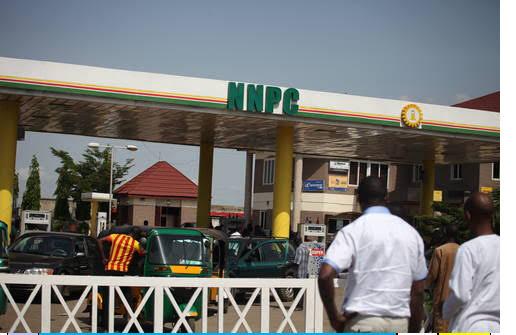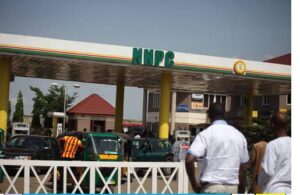

The National Public Relations Officer, Independent Petroleum Marketers Association of Nigeria, Chief Ukadike Chinedu, lamented the effects of fuel subsidy on the economy.
On Tuesday, queues had returned to fuel stations as petrol was being sold for as high as N200 per litre following what IPMAN described as a drop in petroleum supply by the Nigerian National Petroleum Company Limited (NNPC).
IPMAN also attributed the scarcity to petroleum subsidy not being sustainable and resulting in a loss for petrol to be sold at a very low price compared to what it ought to be.
READ ALSO; Kizz Daniel Thrills Crowd At 2022 Qatar World Cup [Video]
Ukadike claims the NNPC is finding it hard to continue with subsidy and still make profit and the company’s attempt at cutting costs is leading to a scarcity.
He said, “The least that NNPC can sell petrol is over N400/litre to depots and not at N145/litre, but because of subsidy, which is becoming over-bearing on them, the oil firm has been struggling to survive.”
The IPMAN representative explained that the distribution of fuel is also affected by the solar exchange rate and lack of purchasing power, especially to hire distribution vessels.
He said, “Talking about Lagos, that is where most of the vessels come. When the mother vessels comes into Lagos, its products will be distributed by daughter vessels to ports in Lagos, Warri, Port Harcourt, etc.
“These daughter vessels are hired by independent private tank farm owners, who pay vessels charges in dollars. Some of them source dollars in the open market. So, the dollar also determines the prices of the product.
“Now, you cannot expect them to sell PMS at N145/litre when the price of hiring a vessel has risen from $38,000 to around $108,000 to $111,000, depending on the level of the vessel. These charges are paid in dollars.”